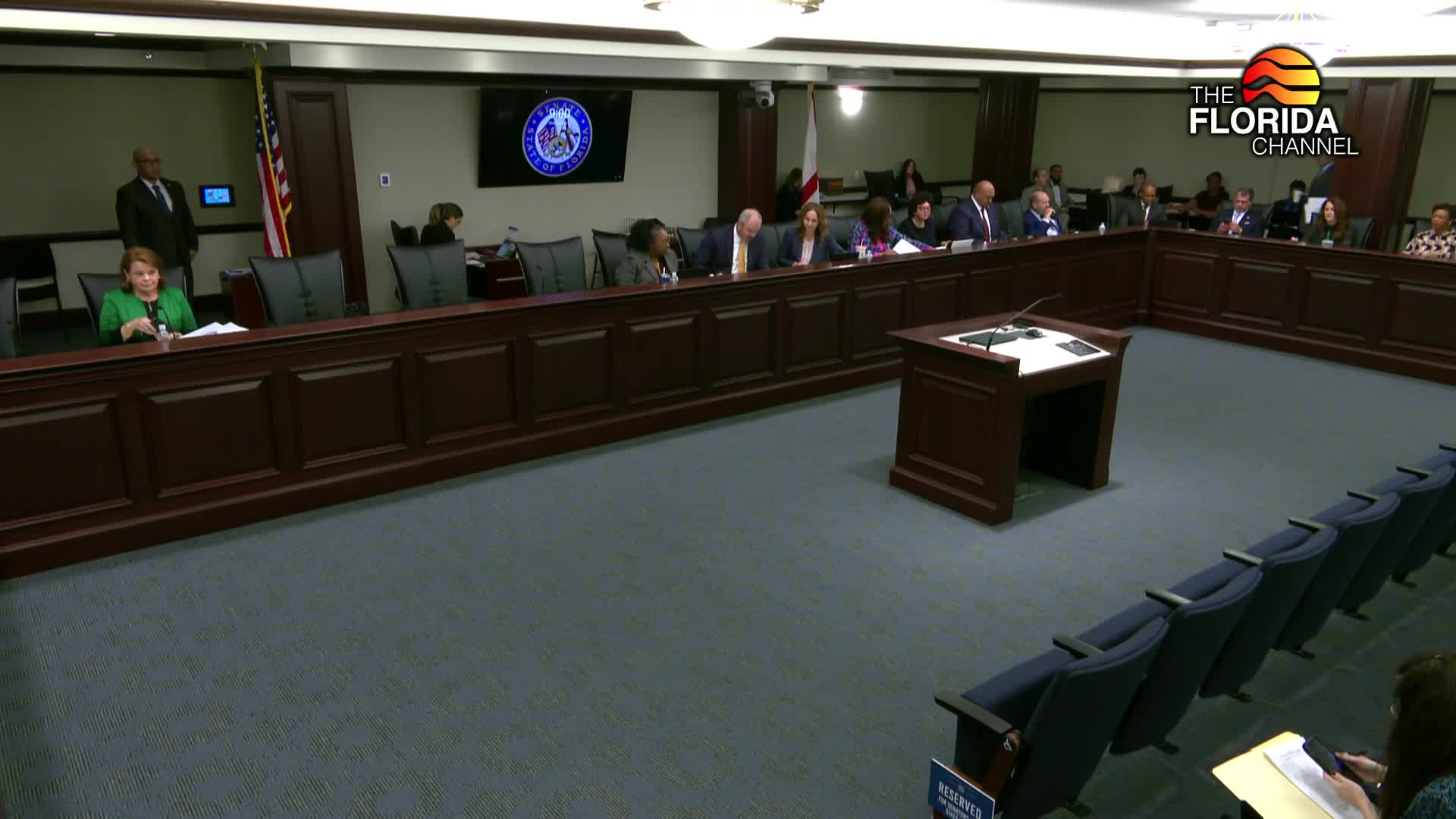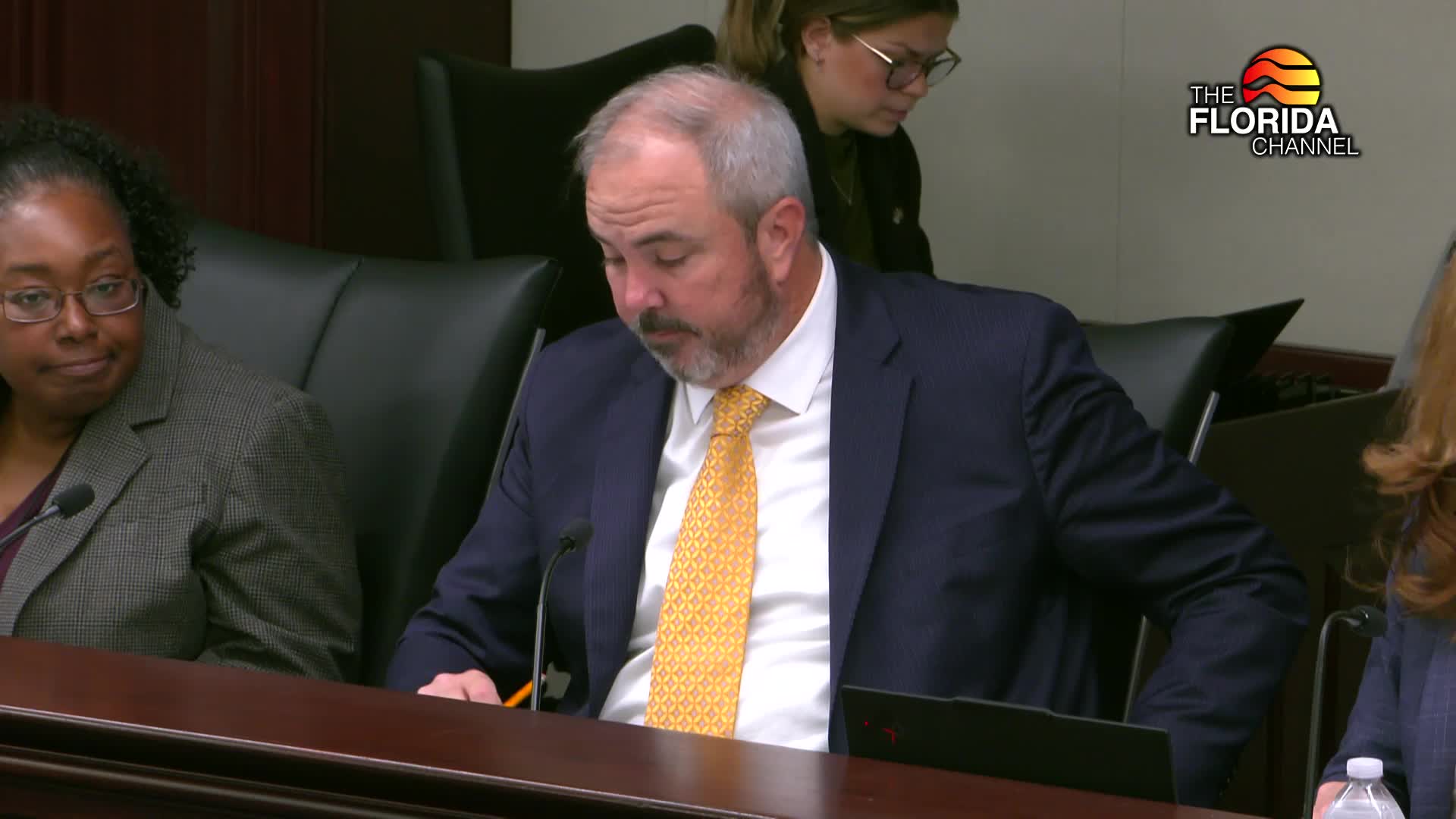Article not found
This article is no longer available. But don't worry—we've gathered other articles that discuss the same topic.

Votes at a glance: Fiscal Policy Committee (April 2) — bills reported favorably

Senate advances higher‑education changes after debate over 'underrepresented' language and program priorities

Committee approves narrower stormwater-inspection mandate after local governments press cost concerns

